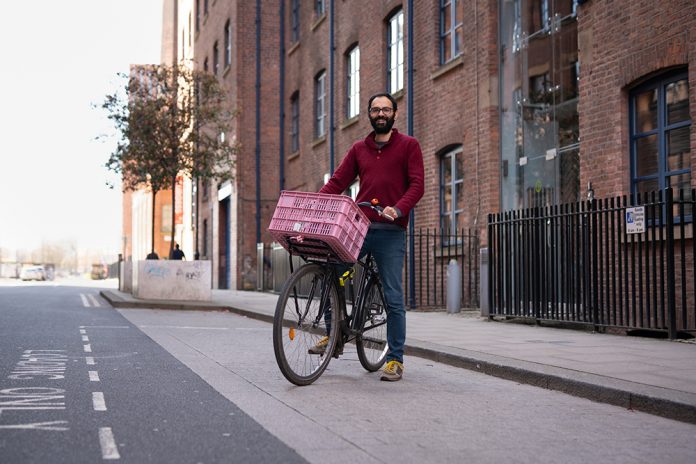Conversations around climate change are largely focused on electric vehicles (EVs), but they are not emissions free and don’t ease congestion. According to a recent report, for the majority of time, cars are parked, not driven. It’s time to question whether all these cars, electric or not, are actually needed.
The manufacturing process of EVs involves significant environmental and human cost. The extraction and processing of rare earth materials severely damages the environment. Working conditions are dangerous and exploitative. The whole manufacturing and distribution process is energy-intensive and generates greenhouse gases.
Now consider the impact of EV ownership. Batteries need to be regularly charged; will this be done using clean energy? Large batteries mean EVs are 50% heavier than petrol/diesel cars creating harmful particulate matter emissions which are higher for EVs than their lighter, conventional counterparts.
Multiple studies warn that driving overall must be reduced to hit climate targets. Mindsets need to be reset with people automatically choosing active travel, when they can. Although not practical in every situation, if more people choose cycling or walking, we will start to see a difference. Roads will become safer and less congested. Air quality will improve as will our mental and physical health.
Organisations face mounting pressure to achieve net zero status. As part of this, employers need to encourage a positive change to commuting habits and give employees easy access to active travel options such as the Cycle to Work Scheme. The scheme is a self-funding, sustainable employee benefit which gives significant savings on any type of bicycle. Operating via salary sacrifice, payments are spread to make it more affordable for employees. Green Commute Initiative (GCI) has made the scheme easy, fair and hassle-free with no fees. GCI is a not-for-profit social enterprise with a vision for a cleaner and healthier future for everyone.
Twitter: @greencommuteuk



